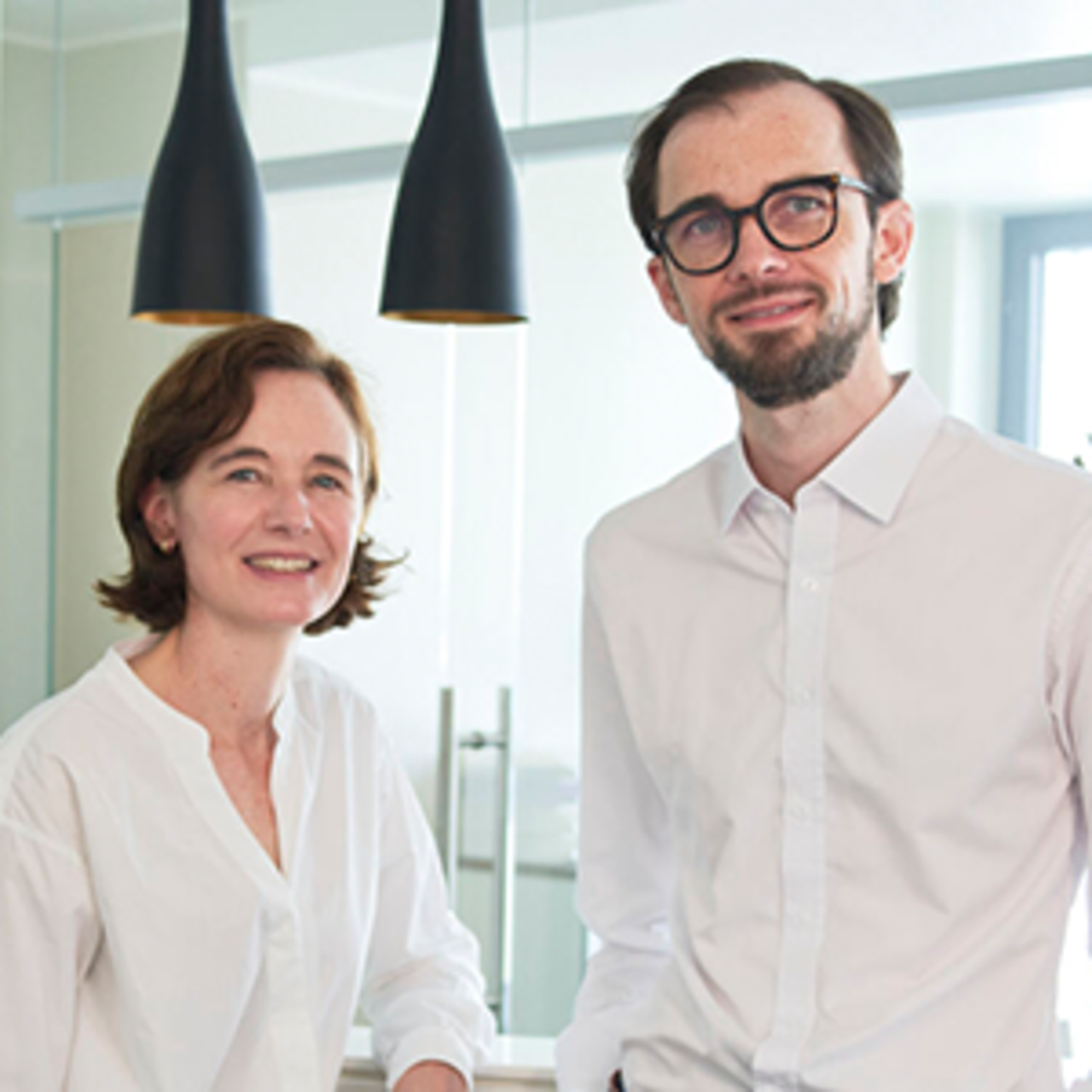Specialists in Pneumonia
2 Specialists found
Information About the Field of Pneumonia
What is pneumonia?
Pneumonia refers to an infectious disease involving inflammation of the lung tissue.
Causes: How can pneumonia develop?
Typically, the germs that can cause pneumonia, mostly bacteria, reside in our upper respiratory tract. We are protected by various mechanisms, such as mucus production and clearance, the cough reflex, the mucosal barrier, and immune system components, which all prevent those germs from reaching the lungs. Swallowing disorders, but also a weakened immune system in general as well as smoking can impede these mechanisms.
Contributing to this are the risk factors mentioned below.
Types of pneumonia
There are several ways to classify pneumonia. Roughly, a division is made between those acquired in the hospital and those acquired somewhere else. The importance of this classification is that hospital-acquired pneumonias are usually more severe and caused by different pathogens.
Moreover, we can distinguish between typical and atypical course of the disease and whether the disease occurred on its own or as a consequence of a prior illness.
Infection and incubation period of pneumonia
The infection usually happens through the breathed air, also called droplet infection. But pathogens that cause pneumonia can also be found physiologically in the upper respiratory tract, that means they normally reside there. For this reason, the incubation period or the time until symptoms begin to appear is difficult to determine. The type of pathogen also plays a role. Approximately, the incubation period can range from hours to a few days.
Symptoms: What are the signs of pneumonia?
Typical pneumonia has a sudden onset, and presents with a high fever, cough and yellow-greenish discharge. The patient feels very sick and may experience pain during breathing.
The elderly in particular, may have a more gradual and less pronounced onset of the disease.
Pneumonia can be diagnosed with certainty only by an X-ray. This is not always necessary, though. Physical examination includes inspection, percussion (tapping) and listening to the chest and lungs, and also a blood test and possibly other samples can be obtained to determine the pathogen.
Therapy: How to treat pneumonia?
Generally, the treatment of pneumonia consists of an antibiotic drug. The choice of medication depends on any associated illnesses of the patient as well as the type of pneumonia. Whether the therapy is done at home or as an inpatient is also based on various factors, including the patient's age and health status.
Who are the people most at risk?
The main risk factors are a weak immune system and immobility, with the latter often resulting in incomplete ventilation of the lungs. Also swallowing disorders, by which fluids can pass into the lungs, and generally hospital admissions, as well as artificial respiration, represent a risk. Likewise, chronic cardiovascular and pulmonary diseases increase the probability of pneumonia.
Hence, elderly, bedridden individuals are particularly affected and susceptible. Immobile persons in general and those who are immunosuppressed, are also at a higher risk of contracting severe pneumonia.
How dangerous is pneumonia?
The hazard that pneumonia poses to an individual depends on their immune status and overall health, the type of pathogen as well as the type of inflammation. In a young, otherwise healthy person, uncomplicated pneumonia may resolve in a matter of days with physical rest and antibiotics. Nevertheless, pneumonia represents the leading infectious disease causing death in developed countries. This concerns especially the elderly who acquire pneumonia in a hospital setting.
Which doctors and clinics are specialists for pneumonia?
Uncomplicated and community-acquired pneumonia is managed by the family doctor and can be treated at home. This depends, however, on the patient's health status. Apart from that, pneumonia will be treated in a medical facility.
If you're in need of a doctor, you expect the best medical care possible. So of course patients are curious to find out what clinic to go to. As there is no objective way to answer this question and a legitimate doctor would never claim to be the best, patients must rely on a doctor's experience.
Let us help you find an expert for your condition. All listed doctors and clinics have been reviewed by us for their outstanding specialization in the field of pneumonia and are looking forward to your inquiry or wish for treatment.


